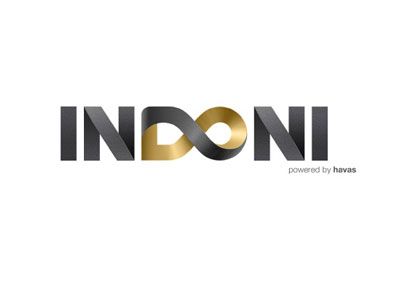
Embracing change in the workplace in both a structural and gender-based sense is the not-so-new black. I’ve always had a very outspoken opinion on the matter. And as we begin to witness the redefinition of “masculinity”, by which I mean men are no longer seen as the archetypal Don Draper’s - having all the say yet very few responsibilities in their lives - we need to cater for that change too. But redefining women’s roles in the workplace as equals is a huge undertaking. But even before all this, we can’t instigate this sort of change when women aren’t even given the opportunity to enter the job market. So, let’s talk numbers... Statistics South Africa pointed out that, at the end of the second quarter of 2018, approximately 2.3 million entry level job applicants remained without work. And out of the 14,924,000 unemployed South Africans, 12,512,000 thousand are black. The current unemployment rate of women in South Africa is 29%, with black women having the worst rate at 30%. And unfortunately, your university degree is no longer a golden ticket either - almost 3.5 million graduates are unable to find employment. And what I have witnessed in recent years, even with formal education, there is a grey area between textbook education and the ability to be a functional member of a workforce. Entry-level employees may possess knowledge but lack skill and, at the end of the day, it’s the soft skills that sometimes prove more valuable than qualifications themselves.
I believe in placing an emphasis on the encouragement of young black women as leaders and how they can fulfill their career potential. At Havas, we launched a program at the beginning of the year that has been in the making for some time – a programme focused on the development of young black women in marketing and communications, called Indoni. Indoni came into existence to give black women a leg up by creating a safe space for them to learn, thrive and flourish.

As a woman in a position of power, it is my obligation to facilitate change. We need to be able to provide resources that allow for the enrichment and upliftment of young black women, helping them to realise their potential and to become valuable members of the workforce. Creating spaces in which young women are allowed to develop and flourish will redefine women’s roles in society and the workplace. And as a business that believes wholeheartedly in leaving things better than when we found them, Indoni aims to facilitate the enrichment of young, black female graduates, helping them to become highly valuable members of a workforce and ultimately providing them with the skills and experience that will see them fulfill their exceptional potential.
Indoni was created to facilitate growth within marketing and communications and aims to provide them with the soft skills needed to find employment and to remained employed. Skills, such as leadership, time management, presentation skills, strategic thinking and so on, are taught in the work environment. When it comes to education, Indoni is not about providing the basics in what used to be called reading, writing and arithmetic. It’s an issue that we are qualified to tackle. Where Indoni really adds value is in helping young graduates find employment in a landscape where the rate of graduates successfully finding work opportunities is abysmally low. We follow a multifaceted approach made up of five pillars creating flex depending on individual requirements. One is the #HavasTopSix, which takes six black female undergraduates, who enroll in a six-week work experience programme that forms a part of their ultimate qualification requirements. Another is the internship programme, which employs 4 black female graduates on a 12-month programme, providing them with authentic industry experience in in varying roles within the agency. These interns are not taken on as “job shadowers” but actual members of the agency’s workforce. They are given formal training during the programme to maximise their learning. There is also a bursary programme in place, awarding black female employees with financial sponsorship for part-time job-related studies. Participants are recruited from tertiary institutions but applications via Havas’s website will soon be initiated. Indoni helps to bridge the gap between formal education and finding work that enables young black female graduates to be self-sufficient and, ultimately, successful.
Restructuring working environments to facilitate the growth of all employees, regardless of gender, yet maintaining a functioning microcosm is a balance that is imperative for businesses and companies to nail from the get-go. I believe in creating a culture within the workplace that allows for employee support systems both in and out of the office. Being able to maintain that balance ensures well-being of the company, as well as the employees that are vital to its operation and ultimate success.
As for my hopes for Indoni’s future: If thirty graduates of the programme walk out of our doors in the next three years experienced, enriched and empowered, that means thirty more young, black female professionals with the potential and ability to rise to high power positions in the industry and corporate sectors in South Africa.